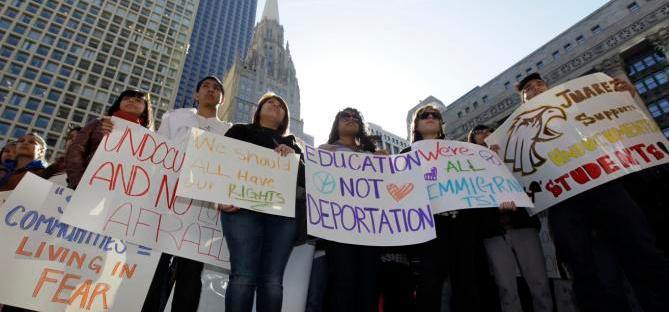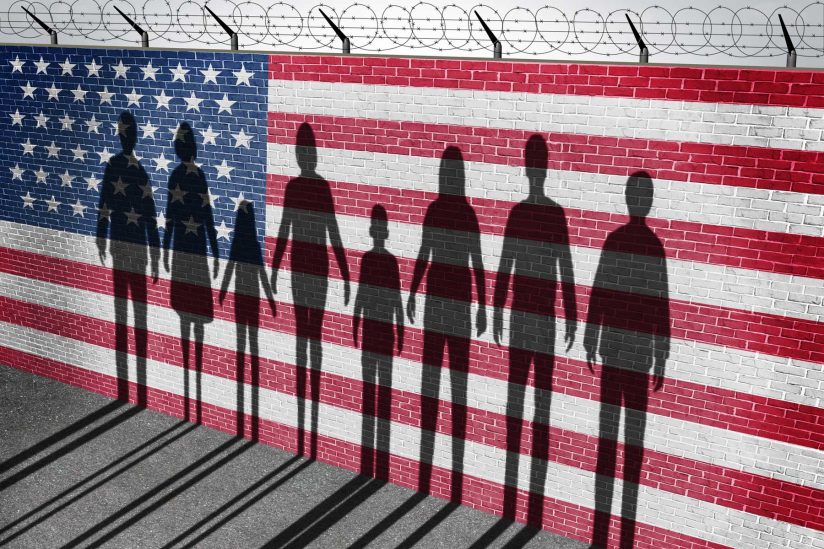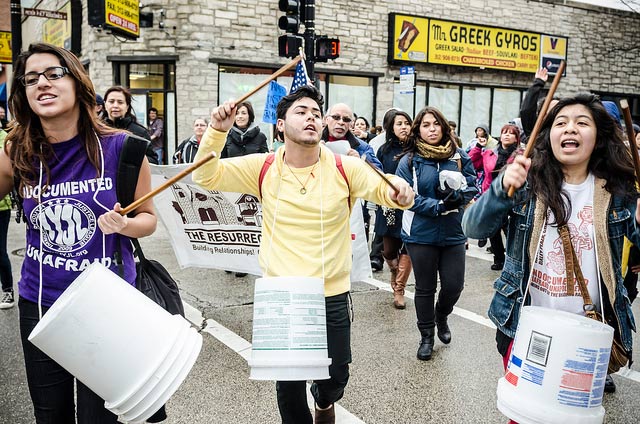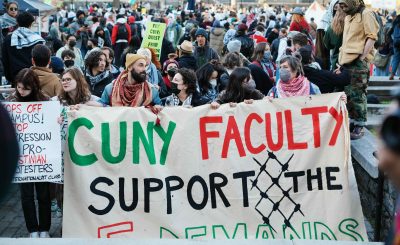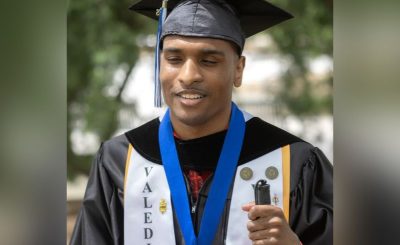By Tatiana Guevara
An increased number of undocumented students in the United States are currently enrolled in higher educationprograms and enter programs without a clear answer to what will happen when they graduate. Most wonder if they would be able to pursue their profession and have an occupation, or if they will only get a diploma to hang on their wall.
Many careers require a professional license which demonstrates competency in that field along with anawareness of standards so the individual can practice that profession. The Personal Responsibility and Work Opportunity Reconciliation Act (PRWORA) of 1996 states, “Procedures requiring that the social security number of—(A) any applicant for a professional licenseâ€. Most undocumented students do not possess a Social Security number (SSN) or a work permit. Therefore, theyare not allowed to work in this country or get some benefits.
Some states allow DACA recipients that qualify to get a professional license. But most states do not allowundocumented students to obtain professional licenses, and not even get into a program that requires a professional license such as nursing.
In 2020 the New American Economy (NAE) and Presidents’ Alliance on Higher Education and Immigration released a report showing that more than 454,000 undocumented students are enrolled in undergraduate and graduate programs.
Victor, a sophomore at Queensborough Community College said, “But without a degree and being undocumented it is difficult to support ourselves since we do not have resources to help us pay for education just because we were not born in the United States.”
According to the Federal Student Aid website, undocumented students are not eligible for federal student aid (FAFSA), but they may be eligible for state or college financial aid or private scholarships. In addition, to complete theFAFSA form, you need a Social Security number.
Having to pay for a college education can cost thousands of dollars, and not having the opportunity to get financial aid make it nearly impossible, mostly for low-income families. Many undocumented students are first-generation college students, and the majority come from working-class families.
Some states such as California, New York, Colorado, Washington, Minnesota, Texas, and New Mexico allowundocumented students to access state financial aid. Many of these states had passed those legislatures just a few years ago. Before that, there was no state financial aid in those states that helped undocumented students to complete their higher education degrees.
Under Washington state’s REAL Hope Act passed in 2014, undocumented students can have access to state financial aid. In New York, the New York State DREAM Act passed in 2019, allowing undocumented students tohave access to the Excelsior Scholarship, the Tuition Assistance Program (TAP), and other stateâ€administeredscholarships. In California, some undocumented students are eligible to apply for the California Dream Act which provides financial aid for students and other grants.
States like Arizona, Georgia, and Indiana prohibit in-state tuition rates for undocumented students. Alabama and South Carolina prohibit undocumented students to enroll at any public college and university. Leaving students without the possibility to have higher education and a better future.
“Is hard and frustrating to know that you want to get a college degree in this country, to have a better future! But you encounter obstacles that do not allow us to achieve our goals.” Victor said.
The question is, what happens with all those students who live in those states and must give up their dream toachieve higher education, a better position in society, a better outcome for their future generation? How is the government stopping many students to contribute to the United States economy and future development? Will these laws and regulations within the states and educational system change?
However, many undocumented students graduate and finish their degrees, but what happens afterward is just a matter of luck.

